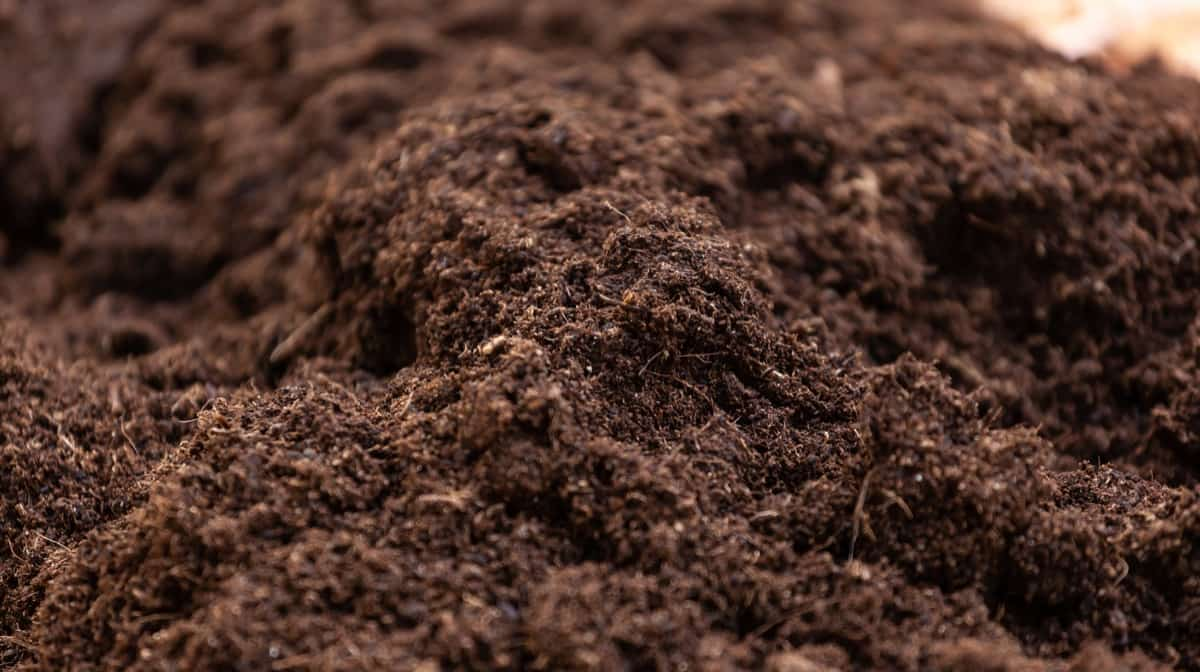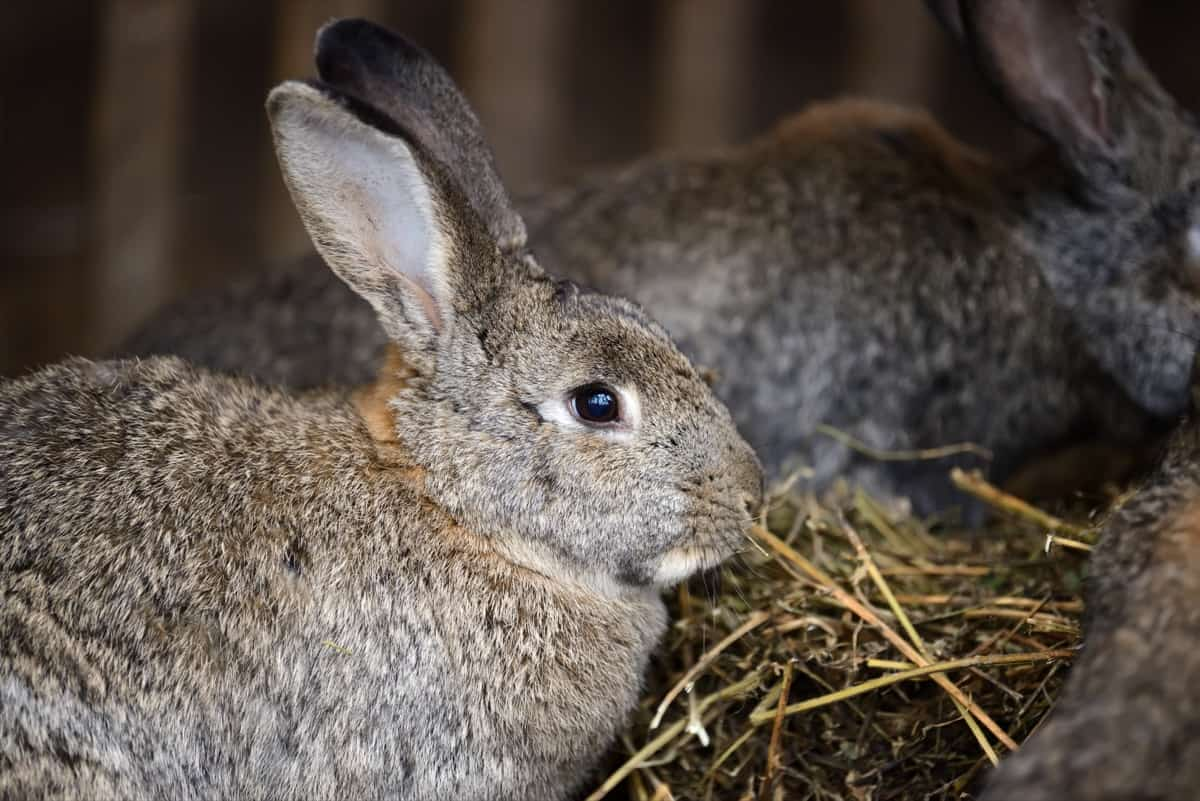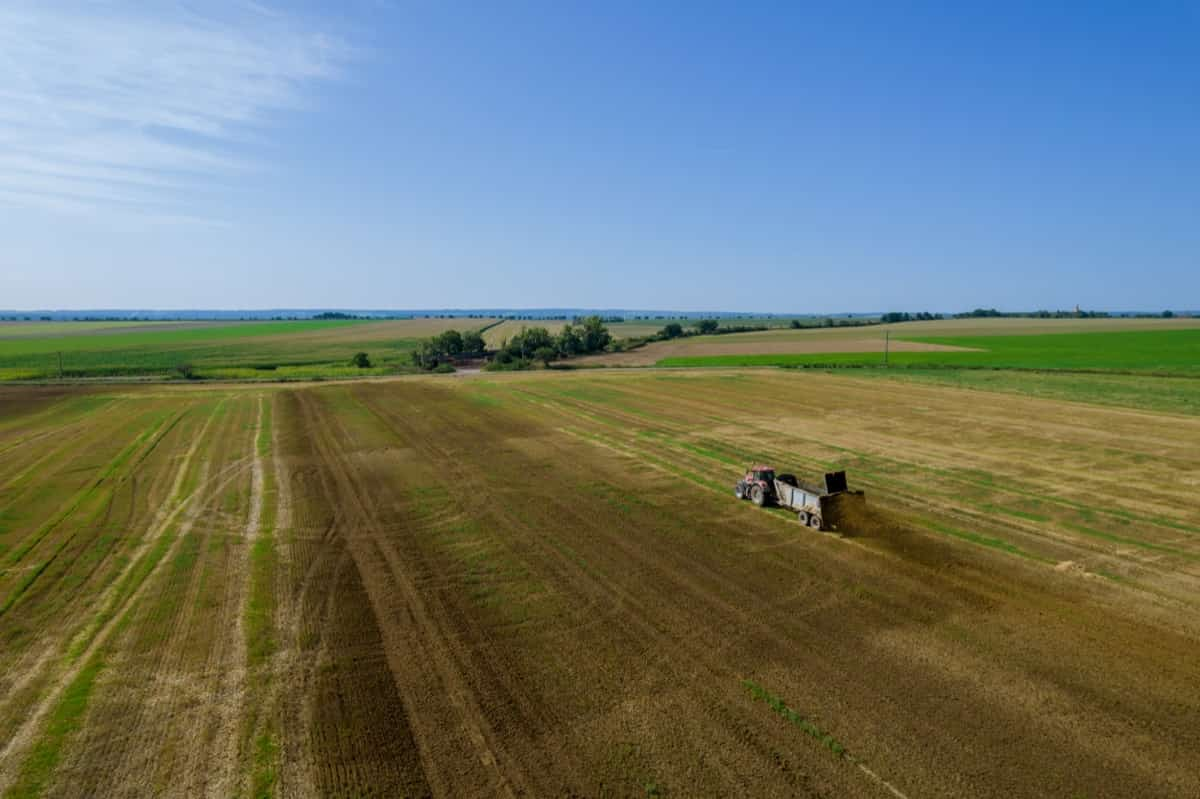Rabbit Manure, boasting an impressive NPK ratio, is an exceptional fertilizer that significantly benefits farming. This organic substance is a dynamic addition to the garden, impacting the soil’s health and influencing the plant’s growth in various positive ways. Questions often arise, such as, “Is rabbit manure acidic or alkaline?” or “How much rabbit manure to use in the garden?”. This article will explore these concerns and provide insights into the distinctive benefits of this particular fertilizer in the field of agriculture.

12 Benefits of Rabbit Manure Fertilizer in Agriculture
High Nutrient Content
Rabbit manure, in contrast to other animal manures, has elevated levels of Nitrogen, Phosphorus, and Potassium (NPK) – the essential nutrients that promote optimal plant growth. The Rabbit Manure NPK Ratio is approximately 2.4% Nitrogen, 1.4% Phosphorus, and 0.6% Potassium, giving it an edge over other organic fertilizers. The rabbit manure’s nutrients are essential for plant growth and the soil’s health. The robust nutrient content leads to healthier, stronger, and more productive plants.
Organic Matter Enrichment
Rabbit Manure greatly enhances the organic matter content in the soil. It introduces a myriad of useful microorganisms, worms, and other beneficial creatures to the soil ecosystem, thereby improving its fertility. The manure helps the soil retain more moisture and nutrients, making it more viable for plant life. Organic matter is a key ingredient in creating rich, fertile soil. When rabbit manure is incorporated into the soil, it decomposes and transforms into humus, a nutrient-dense material that feeds plants and improves soil structure.
Slow-release Properties
One of the exceptional attributes of Rabbit Manure as fertilizer is its slow-release properties. Unlike synthetic fertilizers, it does not instantly flood the soil with nutrients. Instead, it releases them slowly and steadily over time, ensuring the plants receive a consistent supply of nutrients throughout their growth period. This slow-release nature of rabbit manure ensures the plants have sufficient nutrients during their entire life cycle.
Improved Soil Fertility
Using Rabbit Manure in a garden can notice a noticeable change in soil fertility. The manure acts as a great soil amendment, enhancing the soil’s physical properties. It increases the soil’s ability to hold water and nutrients, thus ensuring plants have a consistent supply of what they need to thrive. This manure also helps balance the soil’s pH level, making it neither acidic nor alkaline.
Enhanced Plant Growth
The Effect of Rabbit Manure on Plant Growth is overwhelmingly positive. The high nutrient content of this manure aids in robust plant growth, making them healthier and more resistant to diseases. Using rabbit manure leads to larger yields, whether fruits, vegetables, or flowers. The slow-release property of this fertilizer ensures plants receive a constant nutrient supply, helping them grow larger and stronger.
Soil Conditioning
Rabbit Manure is an excellent soil conditioner. It enhances the soil structure, making it more porous, thereby allowing the roots of plants to penetrate deeper. The improved soil structure helps in better water retention and aeration, which are essential for the healthy growth of plants. Through its organic matter enrichment and pH balancing properties, rabbit manure helps to condition the soil for optimal plant growth.
In case you missed it: Feeding Livestock with Microgreens: For Cattle, Goats, Sheep, Rabbits, and Pigs

Reduced Reliance on Synthetic Fertilizers
Rabbit Manure, a rich source of essential nutrients, reduces the dependence on synthetic fertilizers. These man-made fertilizers often harm the environment and the soil’s long-term health. On the other hand, rabbit manure is a natural, sustainable, and eco-friendly fertilizer. It is free from harmful chemicals and does not lead to nutrient leaching or groundwater contamination.
Eco-friendly Option
Rabbit Manure serves as an eco-friendly option in agriculture. It is a renewable resource, contributing positively to the cycle of life. Its production does not require the usage of fossil fuels or synthetic materials, unlike conventional fertilizers. The use of rabbit manure promotes a healthier and more sustainable environment.
Safe for Organic Farming
In the realm of organic farming, Rabbit Manure is a boon. It is entirely natural and does not contain harmful substances that could contaminate the produce or the environment. Unlike synthetic fertilizers, it does not lead to a buildup of harmful salts in the soil. Organic farming requires natural inputs, and rabbit manure is a safe and beneficial choice.
Weed Suppression
An additional benefit of Rabbit Manure is its capability to suppress weed growth. It can form a protective layer when applied as a top dressing to the soil, limiting the light and space available for weed germination and growth. This reduces the need for herbicides or other methods of weed control. Unlike cow or horse manure, the manure is also free from weed seeds, further reducing the chances of unwanted weed growth.
Enhancement of Soil Microbiome
Rabbit manure aids in enhancing the soil’s microbiome, a vibrant ecosystem teeming with billions of microorganisms, including bacteria, fungi, and other tiny creatures. Microscopic organisms are essential for preserving soil health through their ability to decompose organic matter into nutrients that plants can utilize, enhance soil composition, and contribute to disease regulation. Rabbit manure provides a rich food source for these microorganisms, allowing them to thrive. A healthy soil microbiome provides more nutrient availability, better soil structure, and a healthier and more productive garden or field.
Pest Control
Interestingly, rabbit manure can also be helpful in pest control. It has been observed that some pests, such as certain types of nematodes that can harm plants, are less prevalent in soils where rabbit manure has been used. This can be attributed to the beneficial microorganisms introduced by the rabbit manure that compete with, or even prey on, these harmful organisms.
In addition, healthy, robust plants are less susceptible to pest attacks, and nutrient-rich rabbit manure contributes to plant health. Therefore, using rabbit manure in your garden can reduce pest problems, decreasing the need for potentially harmful chemical pesticides.
In case you missed it: Top 9 Common Mistakes to Avoid in Rabbit Farming

Conclusion
Rabbit Manure is a versatile, nutrient-rich fertilizer that brings numerous benefits to agriculture. From enhancing the soil’s fertility and structure to promoting robust plant growth and serving as an eco-friendly option, rabbit manure is a fantastic choice for all types of gardening and farming. It not only nurtures the plants but also nurtures the soil, leading to sustainable and productive farming.
The question of ‘How much rabbit manure to use in a garden?’ largely depends on the specific needs of your soil and plants, but it’s safe to say that a little goes a long way regarding this powerful organic fertilizer. Whether your garden is large or small, embracing the benefits of rabbit manure can lead to healthier plants and a more vibrant garden.
- Feed Your Flock for Less: Top 10 Tips to Save on Chicken Feed
- Ultimate Guide to Ossabaw Island Hog: Breeding, Raising, Diet, and Care
- Hatching Answers: The Top 10 Reasons Your Chickens Aren’t Laying Eggs
- Eggs and Economics: Breaking Down the Cost of Raising Backyard Chickens
- Defend Your Greens: Proven Methods to Keep Iguanas Out of Your Garden
- Ultimate Guide to Cinnamon Queen Chicken: A Comprehensive Guide for Beginners
- Ultimate Guide to California Tan Chicken: Breeding, Raising, Diet, Egg-Production and Care
- Ultimate Guide to Marsh Daisy Chicken: Breeding, Raising, Diet, and Care
- 10 Types of Chicken Farming Businesses You Can Start for Profits